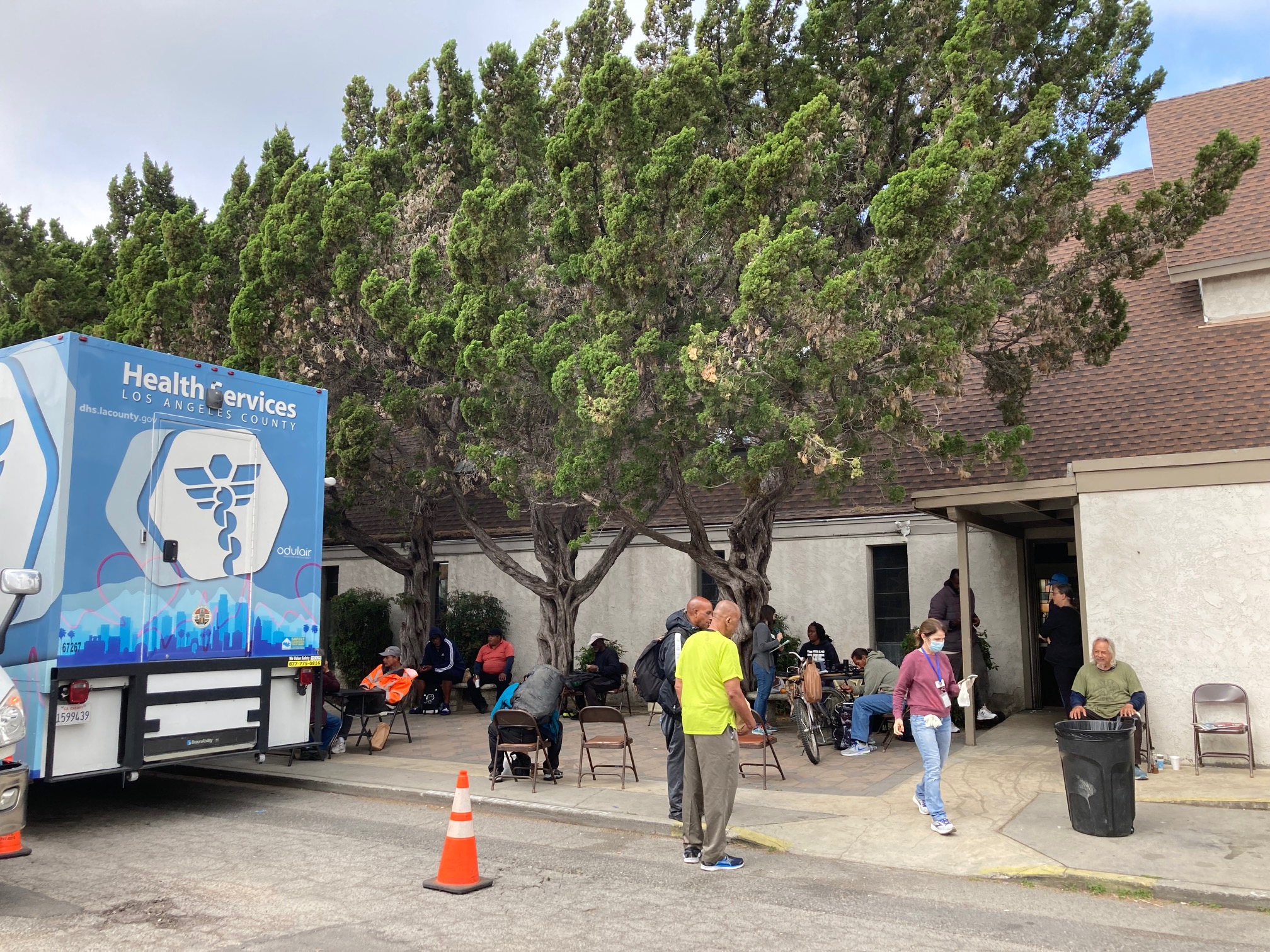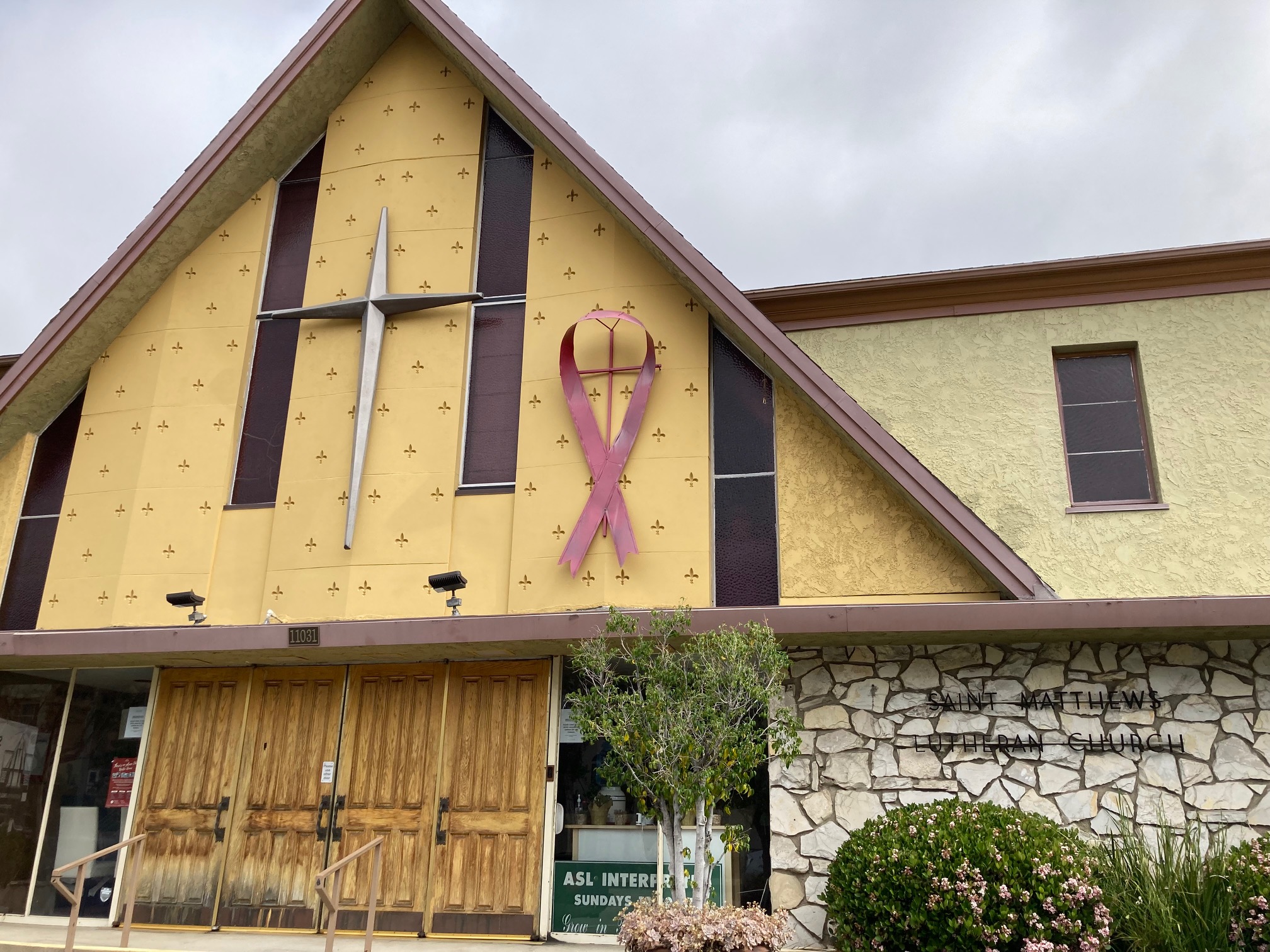
More than 40% of fifth graders in Riverside County, California, were considered overweight/obese in 2019 (kidsdata.org) and this has likely worsened during the COVID-19 pandemic. Research has shown children with autism spectrum disorders (ASD) and other special health care needs are at a higher risk for unhealthy weight. Early identification of excessive weight gain in children and identifying ecological approaches to behavior change are key to preventing and reducing childhood obesity. Intervention efforts that are multi-level and multi-sectoral can help support preventive weight gain efforts in these children.
Grow Together, a family-oriented, education-based social and peer supports intervention, plans to bring together children and children with ASD in Riverside County in a community-based partnership with the Autism Society of the Inland Empire Family. We plan to recruit 30 families from the Riverside community with children aged 4 to 6 years who will meet on a biweekly basis for 9 months and participate in parenting curriculum and healthy cooking workshops, physical and peer support activities.
We are looking forward to implementing this program with mentorship by Dr. Adwoa Osei and Dr. Alice A. Kuo along with Beth Burt from Autism Society of the Inland Empire (ASIE). This intervention has been shaped by input from our community partner and mentors and we hope to pilot this program with ASIE and a local preschool to learn important lessons about implementation and sustainability aspects of childhood overweight/obesity programs in the community.
The proposed intervention will involve a dyadic structure with a bilingual facilitator who has specific training credentials and experience in providing care to children with autism along with a volunteer parent coordinator, in delivering the educational component of the intervention. The facilitator, supported by the parent coordinator who has lived experience in this arena, will teach a biweekly parenting curriculum aimed at supporting parents of children with ASD in managing and incorporating healthy eating strategies with their children. The dyad will spend time covering healthy cooking approaches for resource-constrained families. This will be combined with a physical activity session such as a small hike or play date in the park. Families will be encouraged to keep an account of their dietary and physical activity with the help of an online website or a diary with qualitative interviews and follow ups at regular timepoints by Grow Together volunteers.
“More than 40% of fifth graders in Riverside County, California, were considered overweight/obese in 2019 (kidsdata.org) and this has likely worsened during the COVID-19 pandemic. Research has shown children with autism spectrum disorders (ASD) and other special health care needs are at a higher risk for unhealthy weight. ”
While working on this proposal, it has been a privilege to learn from our CBO partner about feasibility and on the ground realities of launching a program intervention of this nature. We hope that this project will aid ASIE and other community-based organizations in leveraging data collected as part of Grow Together, to support families in developing healthier mindsets and subsequently lifestyles and help guide policy and program funding priorities within Riverside County. This intervention is designed to foster long-term social networks among families that they can lean on in future and build awareness in the community around this pervasive issue.
We anticipate that through the educational component of the intervention involving parenting curricula and healthy cooking strategies geared towards families living in food deserts, along with small increases in physical activity, the intervention will enable parents to adopt these changes over the long-term. Sustainability of evidence-based interventions has been a long-standing issue in public health particularly in the realm of childhood overweight/obesity. We are excited about applying lessons learned from families and our CBO as part of Grow Together, and look forward to sharing insights and recommendations on best practices to support these parents and children.

By Purnima Mudnal-Bharath
2023 Health Equity Challenge Finalist
Purnima S. Mudnal-Bharath is a PhD student in the Department of Health Policy and Management at the UCLA Fielding School of Public Health. Her research focuses on improving health care access and quality of care for patients, particularly for children with special health care needs, and reducing disparities in receipt of care and care quality for families and communities.
continue reading
Related Posts
Hi, I’m Amani. I’m a third-year medical student at UCLA, a former high school science teacher, a published short story writer, and (hopefully 😊) a future neurosurgeon.
When I first saw Brea at the LA animal shelter, her white-gray checkered fur was overgrown and severely matted.
I find myself standing on a winding path, fraught with the fears and uncertainties that have long shadowed the dreams of my community.






